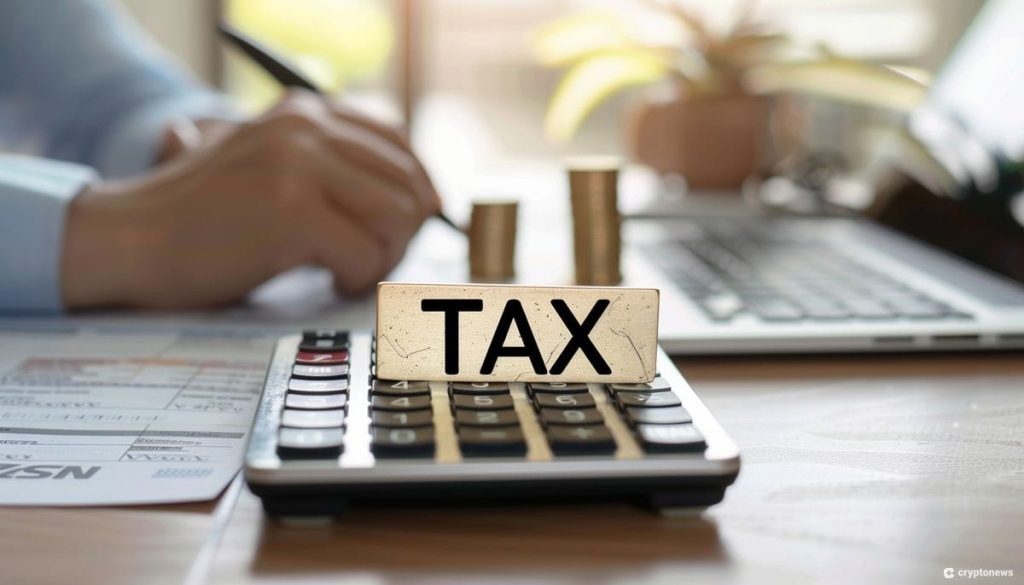The Australian Tax Office is cracking down on potential tax evasion in the crypto space by demanding annual transaction details from crypto exchanges. This move aims to ensure that investors are correctly reporting their crypto gains and paying any capital gains taxes owed. The data collection program requires exchanges to provide client names, addresses, birthdays, and transaction details to promote a fair and balanced tax system. The office acknowledges the complexities of using crypto and the potential for tax avoidance through the use of false information.
Australia classifies crypto as taxable assets rather than foreign currency, making investors liable for capital gains tax when they sell crypto for a profit or trade one digital asset for another. The country has a significant crypto user base, with an estimated 25% of Australians holding cryptocurrencies as of 2022. The Australian Tax Office has been working with partners to understand the tax implications of crypto and develop a regulatory response. The new data-matching program aims to address underreported or inaccurate capital gains tax, income tax, goods and services tax, and fringe benefits tax related to cryptocurrency.
In addition to cracking down on tax evasion in the crypto space, Australian investors are set to have new investment options in Bitcoin with the potential approval of the first-ever Spot Bitcoin exchange-traded funds (ETFs) by the country’s main market operator, ASX, by the end of 2024. This development could lead to a surge in Bitcoin investment options for Australian investors. Furthermore, Australia recently signed an information-sharing agreement with Indonesia to strengthen tax enforcement on cryptocurrency. The goal of the pact is to enhance both countries’ ability to identify crypto assets that may be subject to taxation.
Overall, the Australian Tax Office’s efforts to collect annual transaction details from crypto exchanges and crack down on tax evasion in the crypto space are part of a broader initiative to ensure that investors correctly report their crypto gains and pay any relevant taxes. By classifying crypto as taxable assets and implementing regulatory responses to address tax implications, the office is working to promote a fair and balanced tax system in Australia. The potential launch of Bitcoin ETFs and the information-sharing agreement with Indonesia further demonstrate Australia’s commitment to strengthening tax enforcement and ensuring compliance in the cryptocurrency market.















